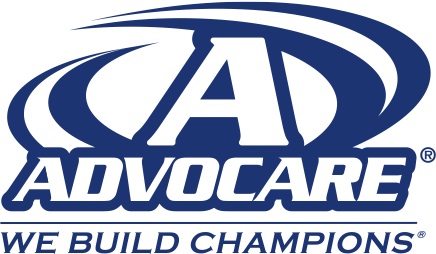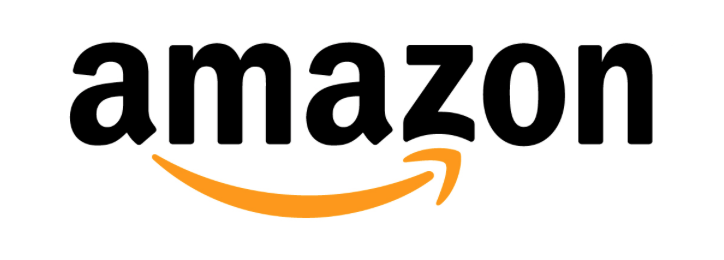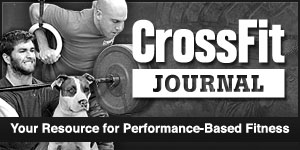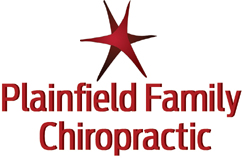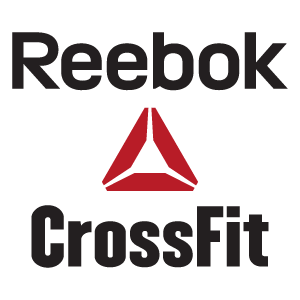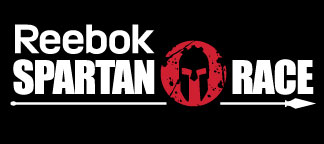It has become a commonplace justification nowadays; when an athlete tests positive for banned substances, the response is often “tainted supplements.”
Contaminated products – or products that don’t contain what the label claims they do – are something athletes do have to worry about. Protein manufacturers might add cheap ingredients to their product – a process known as protein or amino spiking – to increase their profit margins. Poor manufacturing processes can also lead to cross contamination with banned substances.
Protein is the most prevalent dietary supplement consumed, especially within sport. We wanted to confirm Puori’s PW Organic Whey Protein is the cleanest protein powder on the market, so we sent a sample to the bilacon® laboratory in Berlin for an independent test.
Our conclusion: Puori’s protein powder is an exceptionally clean and high-quality supplement.
Below we break down why.
When testing protein powders, labs focus on:
- Nutritional value
- Label accuracy
- Ingredient safety
- Product purity
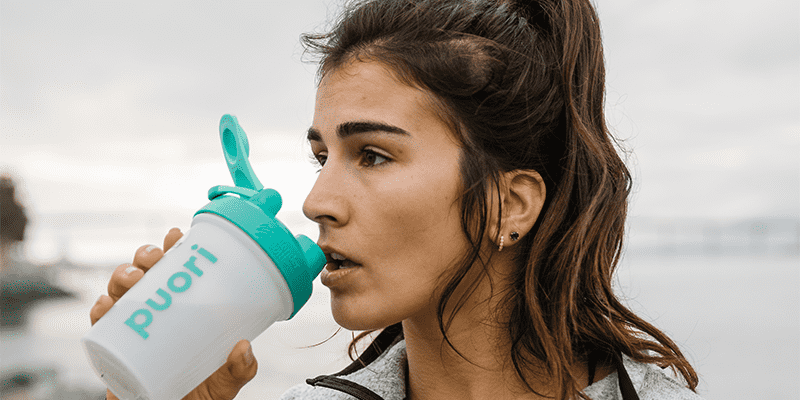
Puori’s supplements are used by high-level athletes such as Lauren Fisher.
NUTRITIONAL VALUE
How do you know if your whey protein is safe, uncontaminated and contains what the label says it does?
For anyone taking protein supplements – especially competitive athletes – it’s crucial to know that what’s on the label of the product is what’s inside as well.
“Some protein powders may contain unlisted ingredients such as stimulants or even steroids,” CNN reported in 2017. Other powders might claim to comprise of 20g/100g of protein when it’s really only 10g or 15g/100g.
Last year, Outside Online ran an article titled “Don’t Trust the Label on Your Supplements” claiming it “doesn’t always tell the full story.” Our lab test put both these claims to rest regarding Puori’s protein.
Nutritional value lab test results:
| Label | Lab test results | |
| Protein | 64g | 69g |
| Fat | 3.9g | 4.3g |
| Sugar | 22g | 18.5g |
| Carbs | 23g | 18.1g |
| Salt | 2.4g | 0.58g |
Quantities given in g/100g
The product contains 5g/100g more protein than stated on the label. A higher concentration of protein can only be a good thing. Consuming a mix of carbs and protein after your workout helps replenish your body’s glycogen stores while also stimulating protein synthesis (the creation of new muscle).
The only ingredient with a big difference (76% less than stated on the label per 100g) is salt.
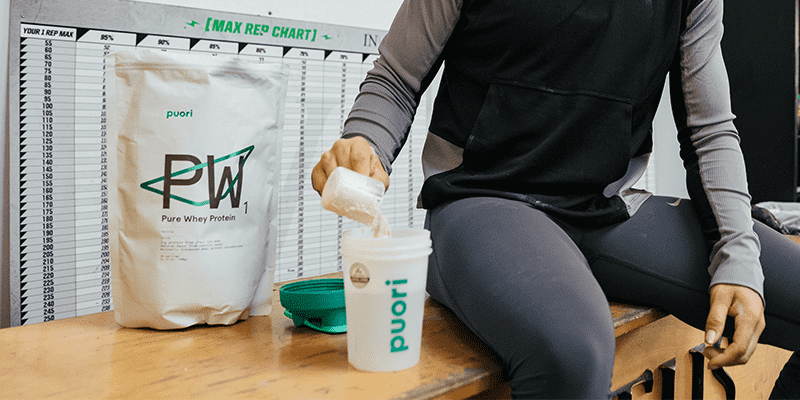
LABEL ACCURACY
Manufactured to internationally recognised standards.
While regulations vary from country to country, the European Food Safety Authority has laws whereby nutrition and health claims need to be assessed and authorised.
The health claims on Puori’s PW1 Organic Whey Protein are within European regulations. They are:
- “An organic, clean whey protein for anyone who wants to maintain, tone, and build their body stronger and leaner”
- “The protein concentrate […] has a naturally high content of the amino acid, leucine, that is needed for protein synthesis – […] switching on your body’s ability to maintain and build muscle after your swim, run or workout”

Puori ambassador Lauren Fisher mid training session.
INGREDIENT SAFETY
Many protein powders contain toxins harmful to human health. Puori’s doesn’t.
A 2018 study by the Clean Label Project found that several protein powders contain toxins such as BPA, pesticides or heavy metals (arsenic, lead and cadmium).
These can come from “contaminated soil and water from agricultural farming methods; mine tailing runoffs, as well as storage, silos and transportation systems that can transfer certain contaminants as food is stored and transported,” the Clean Label Project states, and can be passed along in protein powder if not screened well.
The Clean Label Project looks for protein powders with the least amount of industrial and environmental contaminants and/or the highest nutritional superiority.
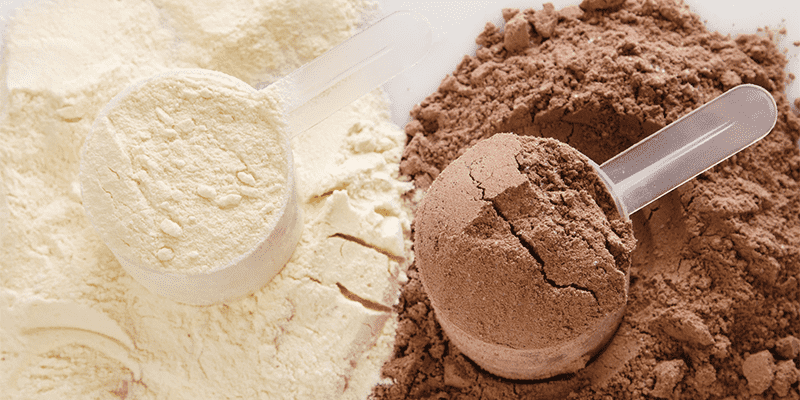
Only consume high quality protein powders.
Puori’s PW1 Vanilla Pure Whey Protein was ranked the “cleanest protein powder” in the US out of 134 top-selling protein powder products from 52 brands. This means the protein powder is safe, has a high nutritional value and, especially, industrial and environmental contaminants are incredibly minimal.
The Clean Label Project is a non-profit focused on health and transparency in consumer product labelling.
Comparing the Clean Label Project’s results to our lab test
The laboratory test carried out confirmed that PW1 Organic Whey Protein is free from contaminants as no toxins, pesticides or heavy metals were detected.
From all products tested on the Clean Label Project, 55% of protein powders tested had detectable levels of BPA, with non-organic samples having 40% more BPA than organic samples. 70% of protein powder products had detectable levels of lead and 74% detectable levels of Cadmium.
PRODUCT PURITY
How do you know your protein powder isn’t amino spiked?
Protein molecules are assembled from amino acids, which are even smaller molecules linked together in a specific sequence. Some amino acids are produced naturally by our body’s cells, but others must be supplied through the food we consume.
The sequence of amino acids determines the type of protein; for example, whey has its specific amino acid profile which is different to casein’s (both different types of protein).
During out lab test, we compared the PW1 Organic Whey Protein’s amino acid profile to the one of whey.
| Amino acid profile comparison | ||||
| Typical Amino Acid Profile for Whey | Test (Puori PW1) Amino Acid Profile | Difference | In % | |
| Histidine | 1.70 | 1.42 | 0.28 | -16.47% |
| Isoleucine | 4.50 | 3.84 | 0.66 | -14.67% |
| Leucine | 9.00 | 8.25 | 0.75 | -8.33% |
| Lysine | 7.90 | 6.74 | 1.16 | -14.68% |
| Threonine | 4.10 | 3.44 | 0.66 | -16.10% |
| Tryptophan | 1.60 | 1.50 | 0.10 | -6.25% |
| Valine | 4.20 | 3.55 | 0.65 | -15.48% |
| Arginine | 2.30 | 1.92 | 0.38 | -16.52% |
| Proline | 3.80 | 3.17 | 0.63 | -16.58% |
| Alanine | 3.70 | 3.29 | 0.41 | -11.08% |
| Aspartic acid | 8.60 | 7.58 | 1.02 | -11.86% |
| Serine | 3.50 | 2.99 | 0.51 | -14.57% |
| Glutamic acid | 13.80 | 11.90 | 1.90 | -13.77% |
| Glycine | 1.50 | 1.25 | 0.25 | -16.67% |
| Tyrosine | 2.60 | 2.15 | 0.45 | -17.31% |
| Cystine | 2.20 | 1.84 | 0.36 | -16.36% |
| Methionine | 1.70 | 1.47 | 0.23 | -13.53% |
| Phenylalanine | 2.80 | 2.50 | 0.30 | -10.71% |
| Average | 0.59 | -13.94% | ||
This is a comparison between clean whey and a mixed product, which will naturally show a slight difference in whey content due to the addition of other ingredients.
Results from the test show that the amino acid profile on the product’s label closely match the one of whey, meaning that this protein powder isn’t bulked up with “cheap” substances.
If results had shown a big discrepancy between both profiles, that would have meant the protein powder wasn’t made of 100% whey, is of lower quality and amino spiked.
The lab report concluded that, while there are some differences in quantities, these are still within what European regulations allow offsets to be before a product stops being what it claims to be.
In a nutshell: Puori PW1 Organic Whey Protein is clean and high quality.
Following the chemical lab test and considering the current European Union’s legal requirements, the most significant offset comes from salt levels, which are significantly under the stated value on the label.
All other ingredients and measures were clean and within the divergence tolerance. Heath and nutritional information listed on the label is accurate and legally approved. Our lab test didn’t find huge traces of industrial and environmental contaminants, and we’re happy to confirm that Puori’s PW1 Organic Whey Protein is an exceptionally clean and high-quality supplement.
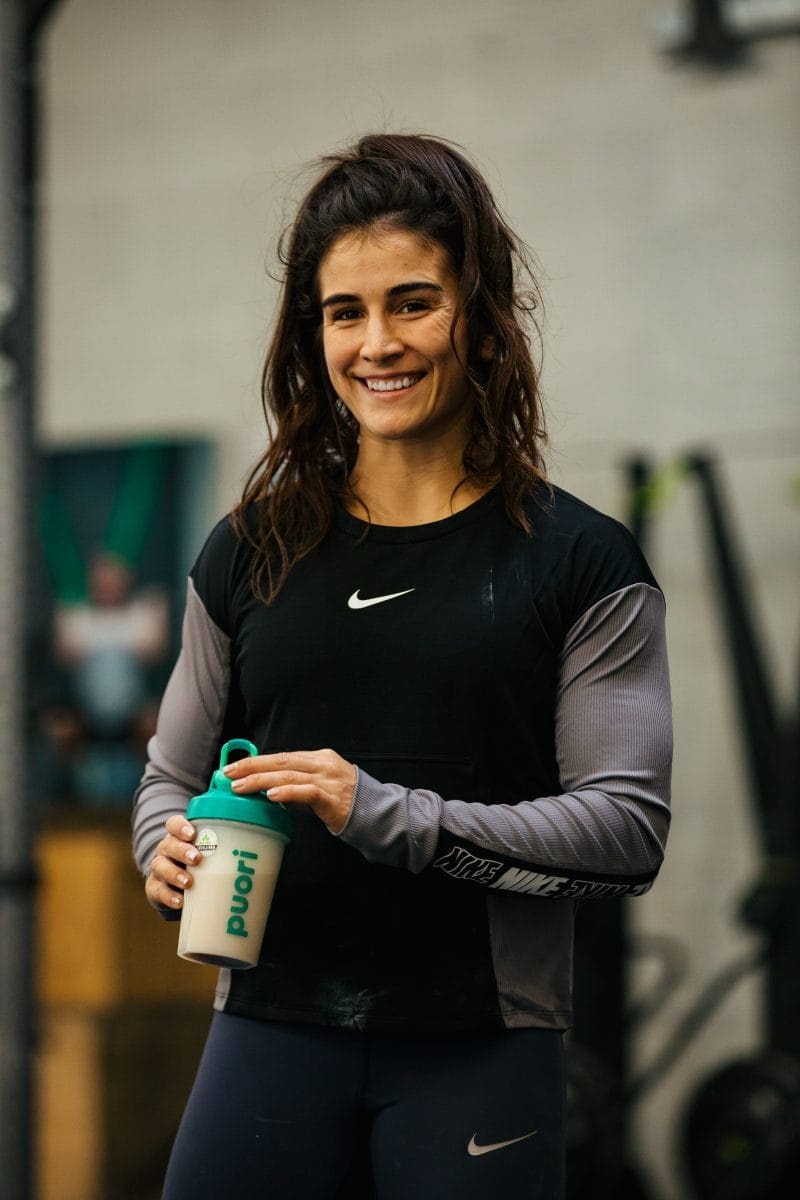
A superior supplement.
Puori Training and Nutrition Guide: Muscle Building and Recovery

